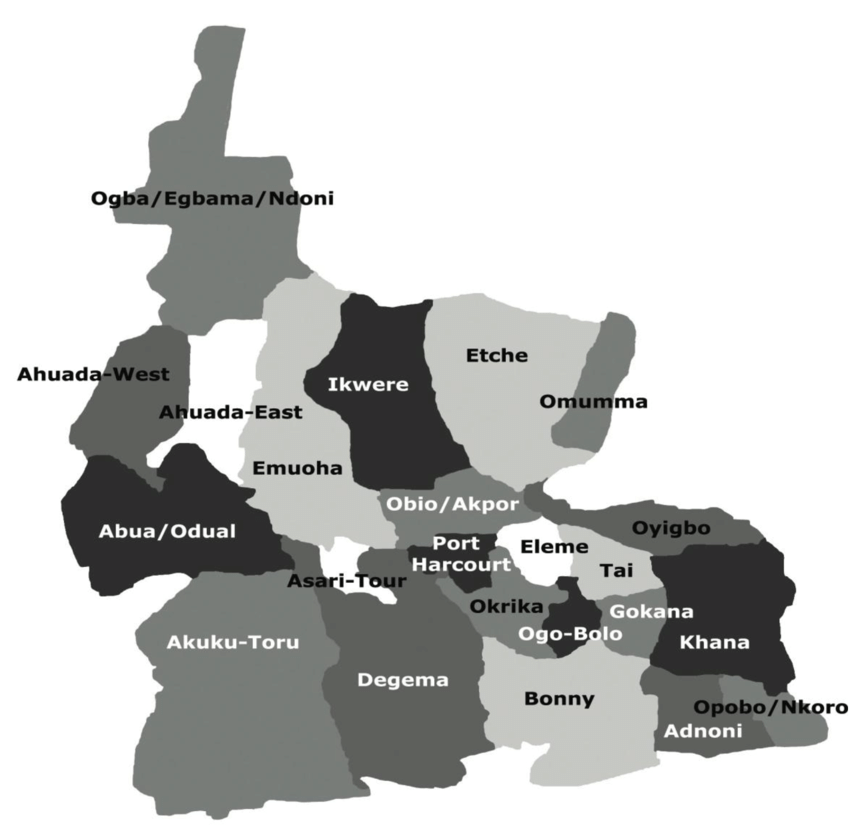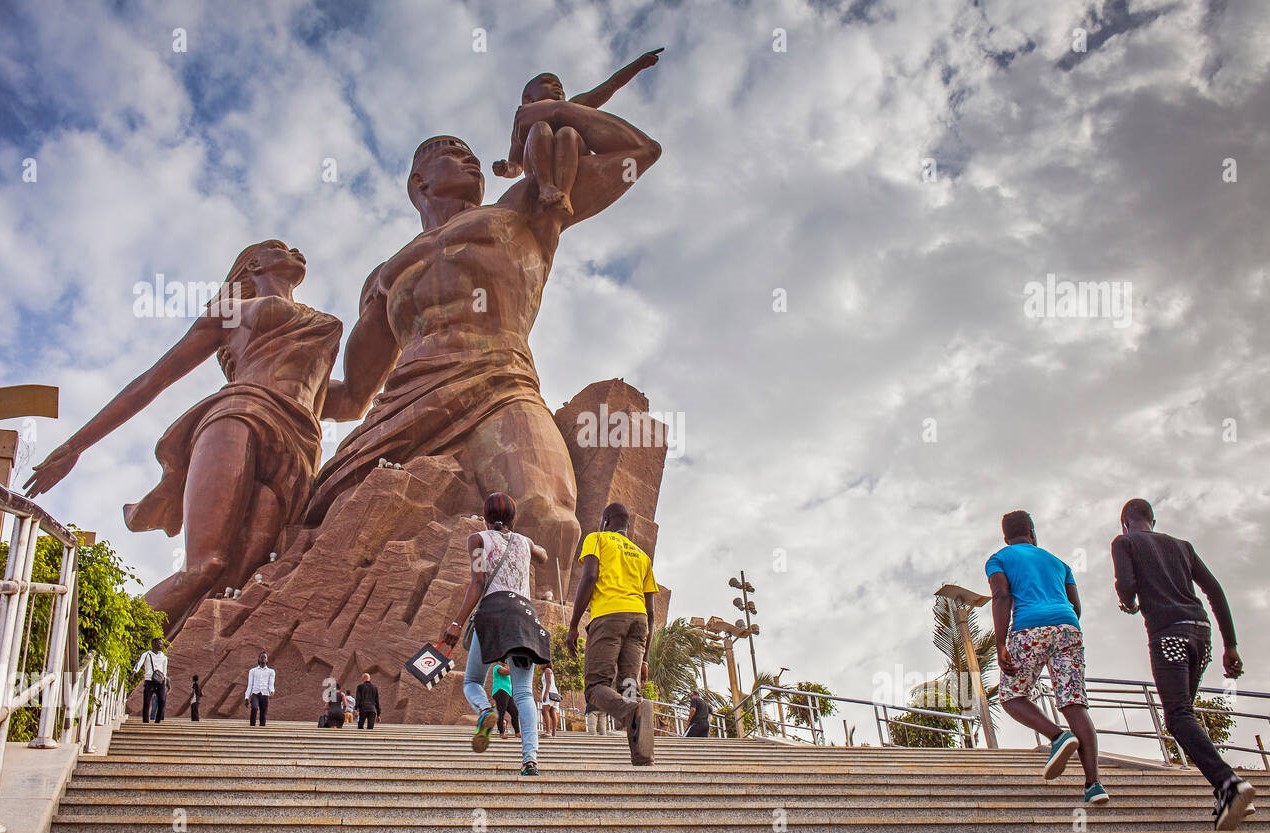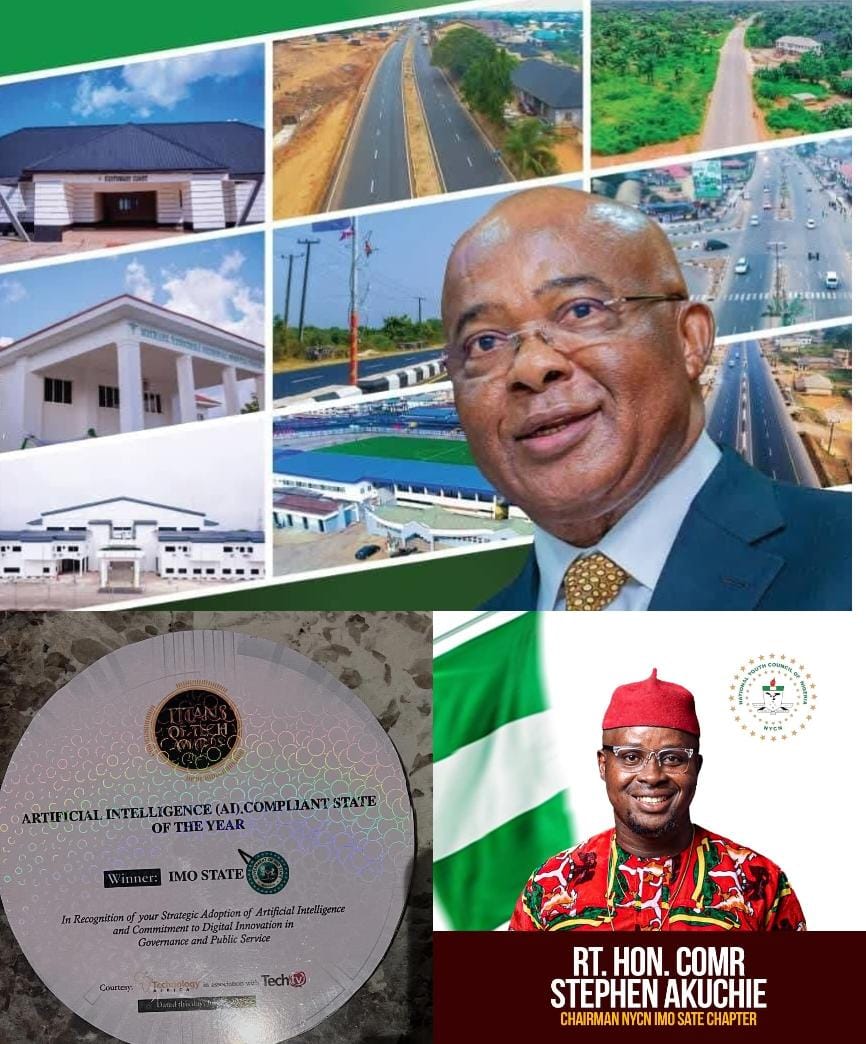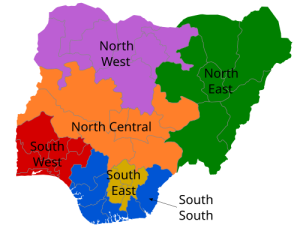Rivers State LGA Elections Under Emergency Rule: A Democratic Charade

Rivers State Local Government Elections Under Emergency Rule: A Democratic Charade
By Okechukwu Nwanguma
The conduct of local government elections today in Rivers State under the supervision of an unelected military administrator, Vice Admiral Ibok-Ete Ibas (retired), represents not a triumph of democracy but a travesty. Coming barely six months after President Bola Tinubu’s controversial proclamation of a state of emergency that unlawfully suspended elected officials and imposed an unelected administrator, today’s exercise exposes the fragility of Nigeria’s democracy and the ease with which constitutional order can be subverted.
Elections Without Democracy
By definition, elections are instruments of democracy. They derive legitimacy from constitutional order, the sovereignty of the people, and institutions that are established in accordance with the law. In Rivers State, none of these conditions exists today. The Rivers State Independent Electoral Commission (RSIEC), now constituted under the sole administrator’s authority, is itself a product of illegality. Civil society has rightly noted that only a commission established by an elected governor can lawfully conduct local polls.
Even worse, the timetable for the polls violates the Electoral Act’s provisions on notice periods, stripping the process of legal integrity. The claim by RSIEC officials that the National Assembly’s emergency oversight powers somehow validate this process is hollow. Legislative intervention under section 11 of the Constitution does not translate into authority to dissolve state institutions or appoint electoral bodies.
A Continuation of Tinubu’s Unconstitutional Overreach
The March 2025 proclamation of a state of emergency in Rivers State remains one of the most brazen overreaches of presidential authority since 1999. By suspending Governor Sim Fubara, his deputy, and the entire State House of Assembly, President Tinubu acted beyond the powers conferred on him by section 305 of the Constitution. Nowhere does the Constitution empower the President to suspend elected officials or impose an administrator.
What we are witnessing in Rivers today is the logical consequence of allowing that unconstitutional action to stand: a slide into authoritarianism cloaked in the veneer of democratic rituals.
Implications for Democracy and the Rule of Law
Local government councils are the tier of government closest to the people. When their leadership is determined through unconstitutional processes, the entire system of democratic accountability is compromised. Today’s elections, held under emergency rule and supervised by an unelected administrator, will inevitably produce councils whose legitimacy is fatally tainted.
This development also sets a dangerous precedent. If allowed to stand unchallenged, it normalizes the use of emergency powers to displace elected governments and engineer electoral outcomes at the state and local levels. In the long term, this undermines Nigeria’s federalism and risks entrenching authoritarian tendencies in our democratic experiment.
The Way Forward
The Rivers episode should galvanize Nigeria’s democratic stakeholders – the courts, the National Assembly, civil society, and the media – to act. The Federal High Court case instituted by Rivers citizens challenging the legality of today’s elections is a critical test of judicial independence. Similarly, civil society must sustain pressure to ensure that the democratic rights of Rivers people are not permanently eroded under the guise of “emergency rule.”
In the final analysis, what has unfolded today in Rivers State is not an election in the democratic sense, but an orchestrated exercise in legitimizing illegality. Nigeria’s democracy cannot survive if constitutional violations are rewarded with political expediency. President Tinubu’s emergency overreach and Admiral Ibas’s electoral theatre must be challenged, reversed, and condemned for what they are: a direct assault on the sovereignty of the Nigerian people and the integrity of our constitutional democracy.








